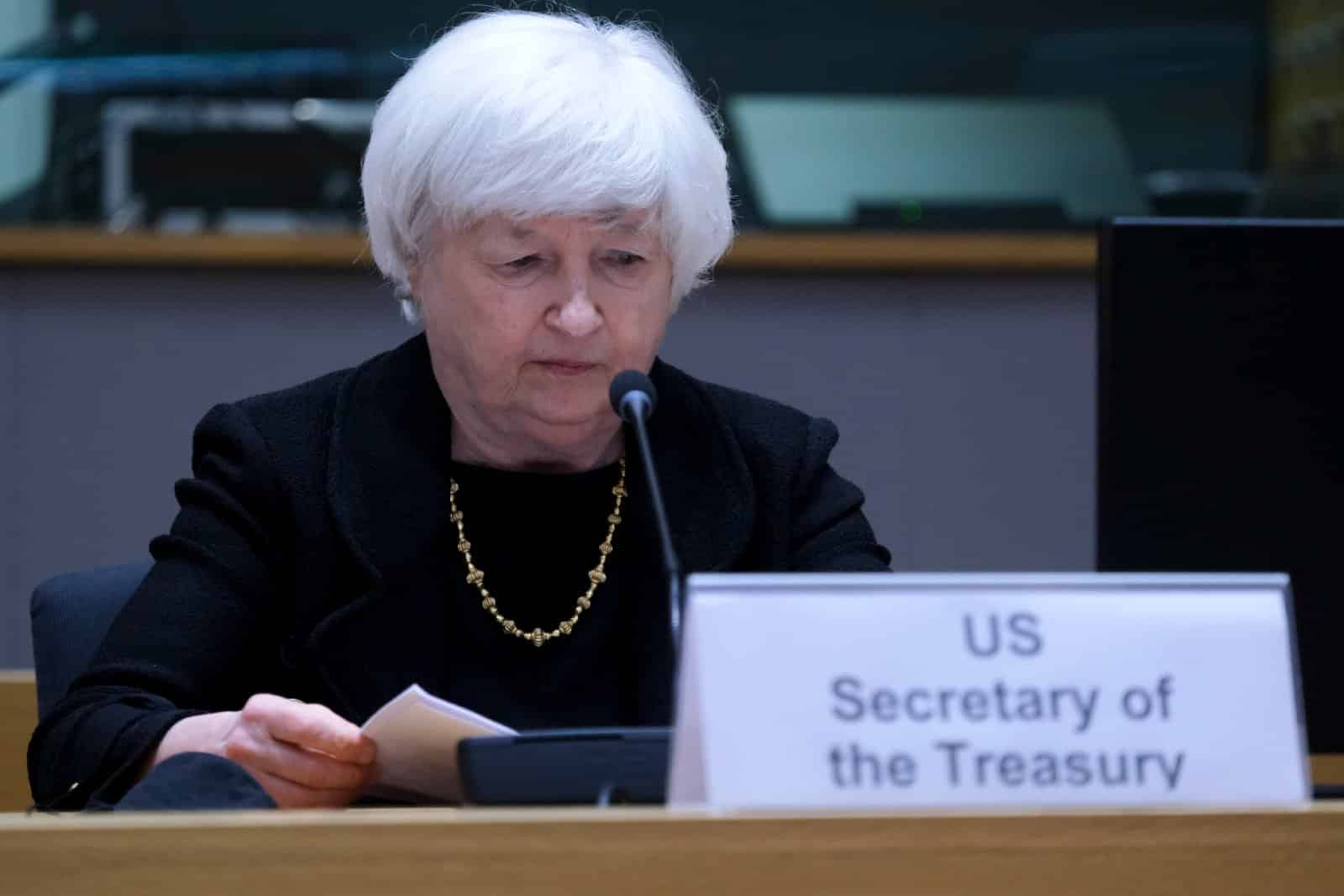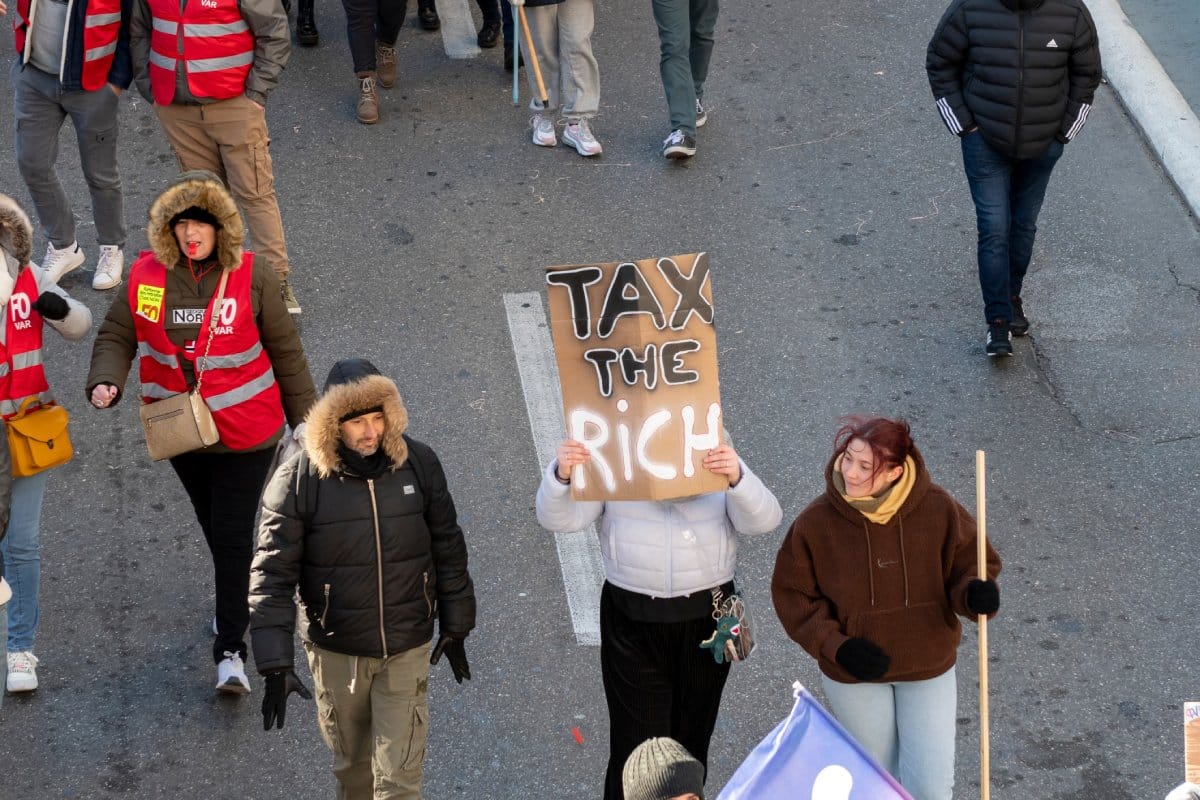As calls for a tax on billionaires ramp up across the world, a new study commissioned by Brazil has claimed that we might finally be in a position to successfully tax the world’s richest people. Here’s the full story.
A Potential $250 Billion Jackpot

According to Forbes 2024 World’s Billionaires List, there are just under 3,000 billionaires in the world, and this new report claims that taxing these a small portion of their wealth could bring in upwards of $250 billion a year.
Zucman’s Billionaire Tax Bombshell

Gabriel Zucman, a French economist famous for his work on tax havens, has come up with this proposal that could have billionaires sweating.
Taxing the Global Giants

According to his study, advancements in taxing multinational corporations now make it possible to levy a global tax on billionaires – even if not every country jumps on board.
Backing the Billionaire Tax

“There is overwhelming public support for this idea,” Zucman stated at the report’s unveiling. According to Zucman, a minimum tax on multinationals (companies that operate in multiple countries), which seemed like a pipe dream a decade ago, now has the backing of 130 countries. So, why not a billionaire tax next?
Billionaire Taxes vs. Average Citizens

The numbers explain why there’s such a big public support for the idea: billionaires currently pay just 0.3% tax on their wealth. It’s a huge difference to the tax that non-billionaires pay – which can reach up to 50% in some countries, depending on a person’s income.
Zucman’s Call for Equity

“The super-rich shouldn’t pay less tax than schoolteachers or firefighters. That’s just not OK,” Zucman said in an interview.
The Soaring Wealth of the Super-Rich

This is happening while the wealth of the richest 0.0001% has surged by 7%, going from 3% to 14% of global wealth between 1987 and 2024.
The Simple Plan

Zucman’s plan is simple: make billionaires pay at least 2% of their wealth in taxes each year. This could bring in a massive $200 billion to $250 billion annually. Expanding this to those with over $100 million in net worth would add another $100 billion to $140 billion.
A Progressive Taxation Push

It would function as a top-up income tax, and those already paying more than 2% of their wealth in tax would be exempt. According to Zucman, this approach is the best way to push for progressive taxation in modern societies.
Valuing Billionaires’ Assets

Zucman claims that valuing billionaires’ wealth isn’t as tough as it seems since most of it is in shares. The plan includes strengthening exit taxes and introducing a “tax collector of last resort” to ensure compliance, even if some countries opt-out.
Global Cooperation or Competition?

Despite its potential, the plan faces some big hurdles. According to Zucman countries will need to work together to stop “a race to the bottom,” although not every country needs to agree for the plan to start working.
America’s Stance

This could spell a challenge, as America has consistently spoken out against a worldwide tax on wealth.
A Major Hurdle

Just last month, Treasury Secretary Janet Yellen said, “The notion of some common global arrangement for taxing billionaires with proceeds redistributed in some way – we’re not supportive of a process to try to achieve that. That’s something we can’t sign on to.”
Challenges on the Road Ahead

Accurately valuing individual wealth, ensuring compliance, and dealing with countries that refuse to implement the tax are clearly just a few of the challenges the plan faces.
A Changing Landscape

However, Zucman is optimistic. His study points out that the end of bank secrecy laws and automatic information exchange between tax agencies in the past 15 years have made authorities better equipped to tackle this issue.
Oxfam’s Supportive Perspective

“This is a sensible and serious proposal that is in every government’s strategic economic interest,” said Amitabh Behar, Oxfam International’s interim executive director.
G20 Talks in Rio

The G20 finance ministers are set to discuss this idea in Rio de Janeiro soon, with backing from South Africa, Spain, France, and Germany. Belgium and Colombia are also on board.
Brazil’s Push

Brazil, currently leading the G20, has been pushing hard for a tax on the super-rich, and it commissioned the report after inviting Zucman to speak to G20 finance ministers.
A Critical Decision Looms

Zucman hopes this report will kickstart the conversation. “We can make it work, but now there’s a political decision that needs to be made,” he said.
The Potential Impact

If this proposal were to come to fruition, it could be an era-defining event. It could lead to a fairer global tax system and would do a lot to address the huge inequalities that have plagued societies across the world. The next few months will be crucial in seeing if this plan becomes a reality.
Remote No More: 19 Companies Returning to the Office

As the pandemic wanes, companies are recalling remote workers back to the office, sparking debates on fairness, costs, and convenience. However, there are also notable productivity, coworking, and mental health benefits to consider. Feeling the effects of these changes? Remote No More: 19 Companies Returning to the Office
8 Costco Must Buys and 8 to Leave Behind

Ever wandered Costco’s aisles, questioning if that giant jar of pickles is a real bargain? Or debated buying tires where you get your rotisserie chicken? Welcome to the definitive guide to Costco shopping—a journey to save money, prevent regrets, and offer quirky insights into bulk buying. 8 Costco Must Buys and 8 to Leave Behind
23 Reasons Texas Is the Next Big Thing

Texas is becoming a beacon of opportunity, blending cultural heritage with economic growth. From its landscapes to its industries, the Lone Star State offers a dynamic lifestyle. Here are 23 reasons why Texas stands out, attracting entrepreneurs, artists, tech professionals, and families seeking new beginnings. 23 Reasons Texas Is the Next Big Thing
The post Billionaire Tax Evaders: Demands for Tax Loopholes to Be Closed and the Rich to Finally Pay Their Fair Share first appeared on Career Step Up.
Featured Image Credit: Shutterstock / Obatala-photography.
The content of this article is for informational purposes only and does not constitute or replace professional financial advice.

